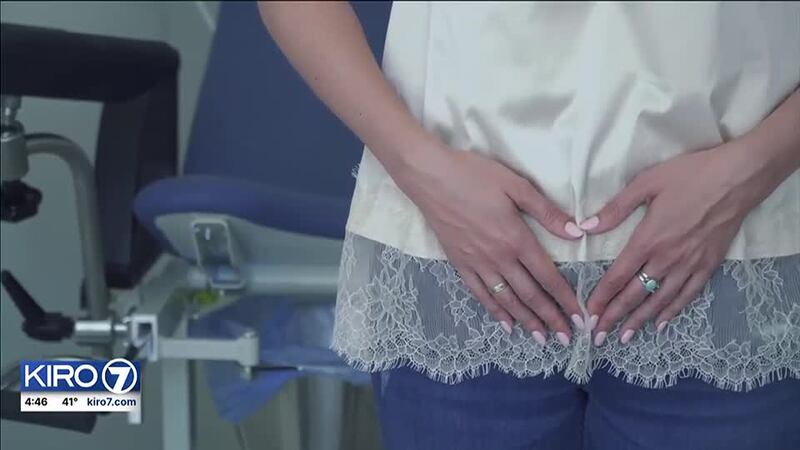Get a shot and get screened: that’s the message from medical professionals when it comes to cervical cancer.
January is Cervical Cancer Awareness Month.
In this week’s Healthier Together, KIRO 7′s Ranji Sinha sat down with Dr. Nicole Saint Clair, Executive Medical Director of Regence BlueShield, to discuss the issues around cervical cancer.
Dr. Saint Clair knows that cervical cancer kills thousands of women, but she also stresses that it doesn’t need to be that way.
“It’s because of new advances where we’ve identified that a majority of cervical cancers actually are preventable,” Dr. Saint Clair said.
The American Cancer Society predicts that this year more than 13,000 women in the US will be diagnosed with cervical cancer, and more than 4,000 will die from it.
Most cervical cancer can be prevented through screening and vaccination. The HPV vaccine and a screening test for cervical cancer (the Papanicolaou test commonly abbreviated as a pap test, but also known as a pap smear, cervical smear, cervical screening, or smear test) are the key tools to deal with cervical cancer.
The pap test finds cell changes caused by the Human Papilloma Virus that could lead to cervical cancer. It’s recommended that women 21 and older get a pap screen and women older than 30 should get one every 3-to-5 years. The vaccine for HPV is the easiest way to protect yourself.
Dr. Saint Clair says HPV is spread through intimate contact, but vaccine protection lasts for a lifetime.
“With cervical cancer, it develops over quite a while, quite a bit of time and we see early changes all along the way so the goal of Pap screening is not actually to ID cervical cancer hopefully you’re finding some of those changes before cancer has happened,” Dr. Saint Clair told KIRO 7.
According to statistics from the National Institutes of Health website, which gathered information from Washington immunization records and the Washington Department of Health, the percentage of kids with coverage from HPV vaccine has gone up in the last decade. For 9–10-year-olds, it went from 1 percent in 2014 to 11.1 percent in 2023, in 11–12-year-olds, it went from 30.1 percent in 2014 to 36.5 percent in 2023.
Dr. Saint Clair also says the vaccine is not just for women, but also important for men.
“The recommendation for HPV vaccines are not only for women or those with a cervix it’s for everyone because there’s protection that’s provided also to the males,” Dr. Saint Clair said.
©2025 Cox Media Group








